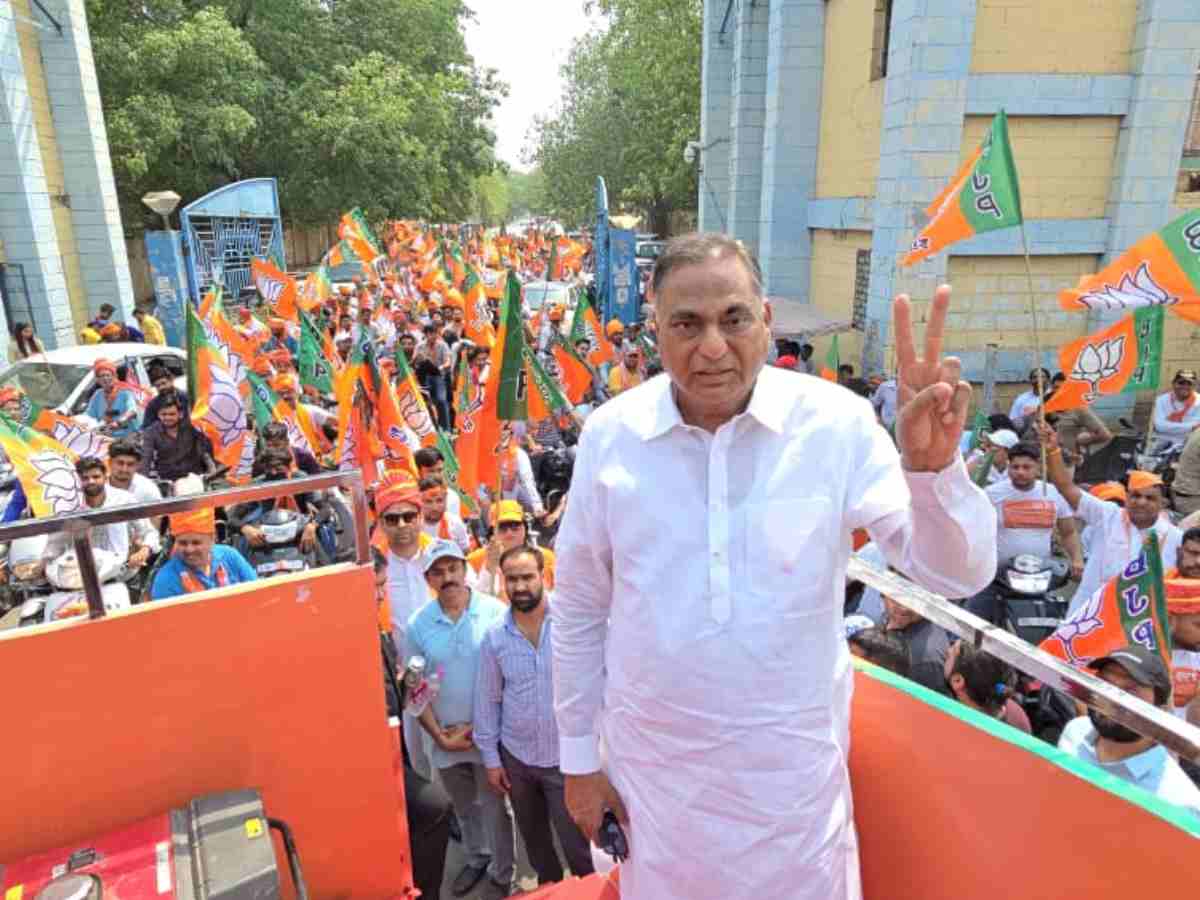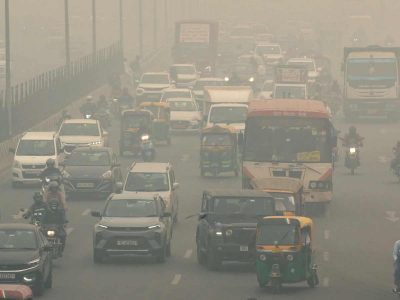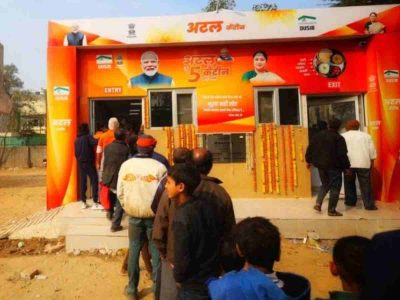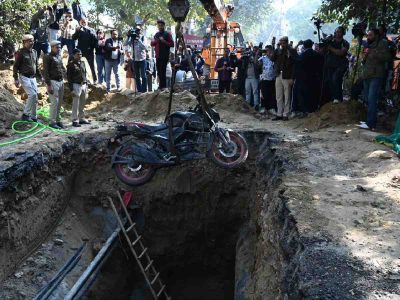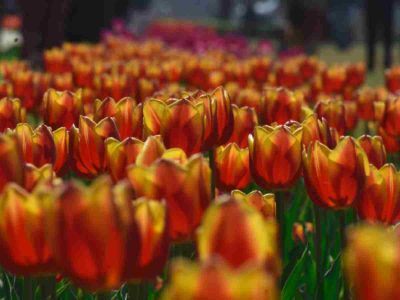Election Results 2024: BJP candidate Ramvir Singh Bidhuri registered a landslide victory over AAP’s Sahiram Pehalwan from the South Delhi constituency in the Lok Sabha elections 2024.
According to the Election Commission of India (ECI), Bidhuri, who got a total of 6,90,489 votes, led by 1,23,391 votes against Pehalwan, who received 5,67,098 votes.
Bidhuri, born and raised in a farming family in Tughlakabad village, South Delhi, currently serves as MLA from Badarpur and Leader of the Opposition in the Delhi Assembly.
He graduated with a degree in Political Science from Delhi University’s Deshbandhu College. Bidhuri’s political career began in 1970 when he joined the Akhil Bhartiya Vidyarthi Parishad (ABVP). He was also an active member of the Jan Sangh.
On the other side was Pehalwan, a prominent Gujjar leader and a second-term MLA from Tughlakabad. A senior figure in AAP, Pehalwan previously had a long tenure with the Bahujan Samaj Party. He has served as a two-time councillor and Deputy Mayor of the South Delhi Municipal Corporation.
Also read: India’s poorest said no to Modi-Shah govt, saved the Constitution: Rahul Gandhi
In the 2019 elections, AAP had nominated Raghav Chadha, now a Rajya Sabha MP, against the BJP’s Ramesh Bidhuri, who won the seat.
This time around, the competition between Ramvir Bidhuri and Pehalwan added a significant level of excitement and tension.
The constituency
South Delhi, often perceived as a posh area, has a diverse landscape. Beyond the upscale neighbourhoods, there are urban villages, unauthorised colonies, slums, resettlement areas, and rural stretches near the Haryana border.
The electoral contest between Bidhuri and Pehalwan revolved around multiple issues.
Among the 22.8 lakh voters, there was a diverse mix: 31.7% were OBCs, 16.6% SCs, 8.9% Gujjars, 7.7% Brahmins, and 7% Muslims. Their concerns were common and ranged from road congestion and water supply to infrastructure development, government subsidies, and protection from demolitions.
The final figures will be updated once the ECI releases it.

